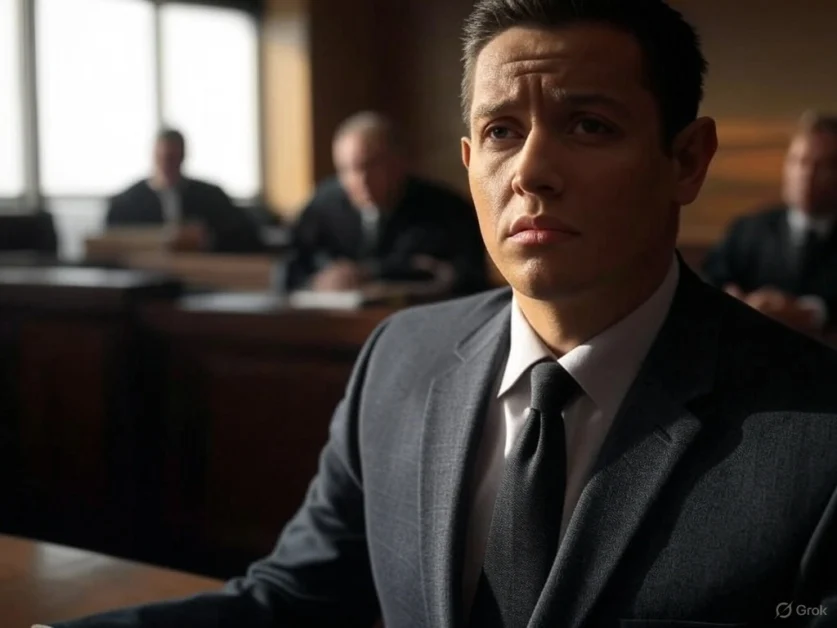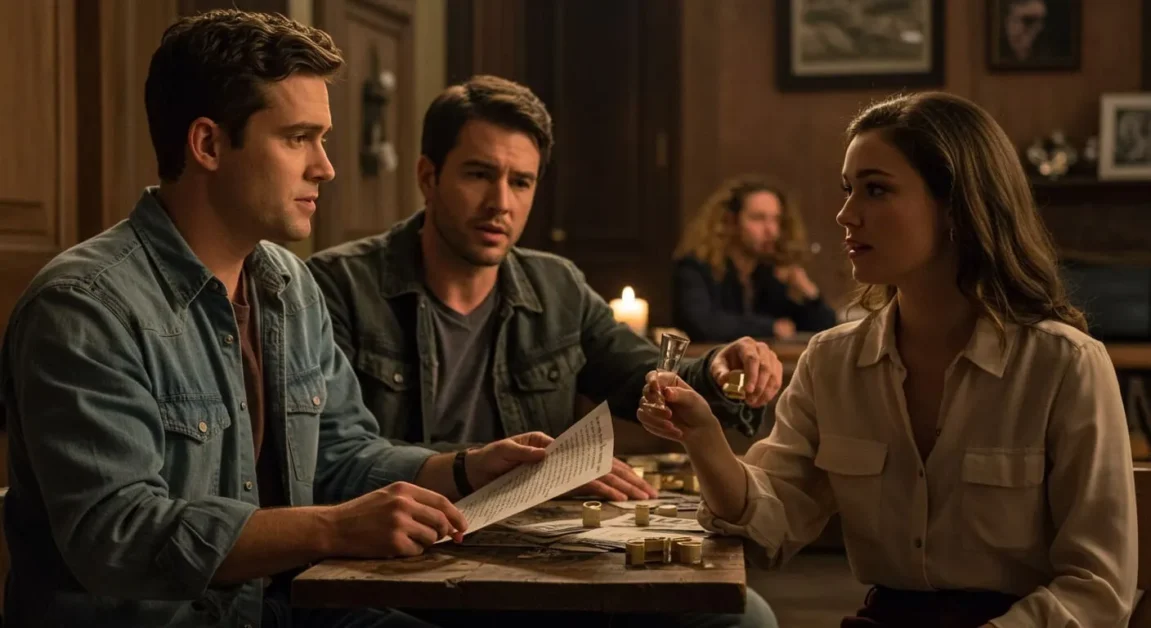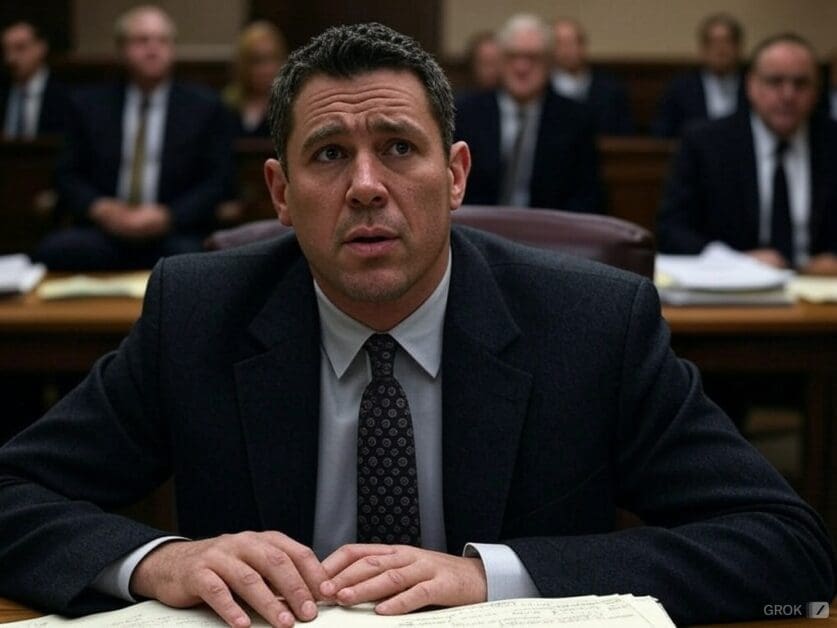How to Access Legal Support When Dealing with Addiction?
Addiction is a complex and multifaceted issue that affects millions of people worldwide. Navigating the legal rights and support systems available for individuals struggling with addiction can be daunting. This comprehensive guide aims to provide an in-depth understanding of the legal rights and support mechanisms available to those dealing with addiction. Whether you or a […]
How to Access Legal Support When Dealing with Addiction? Read More »









